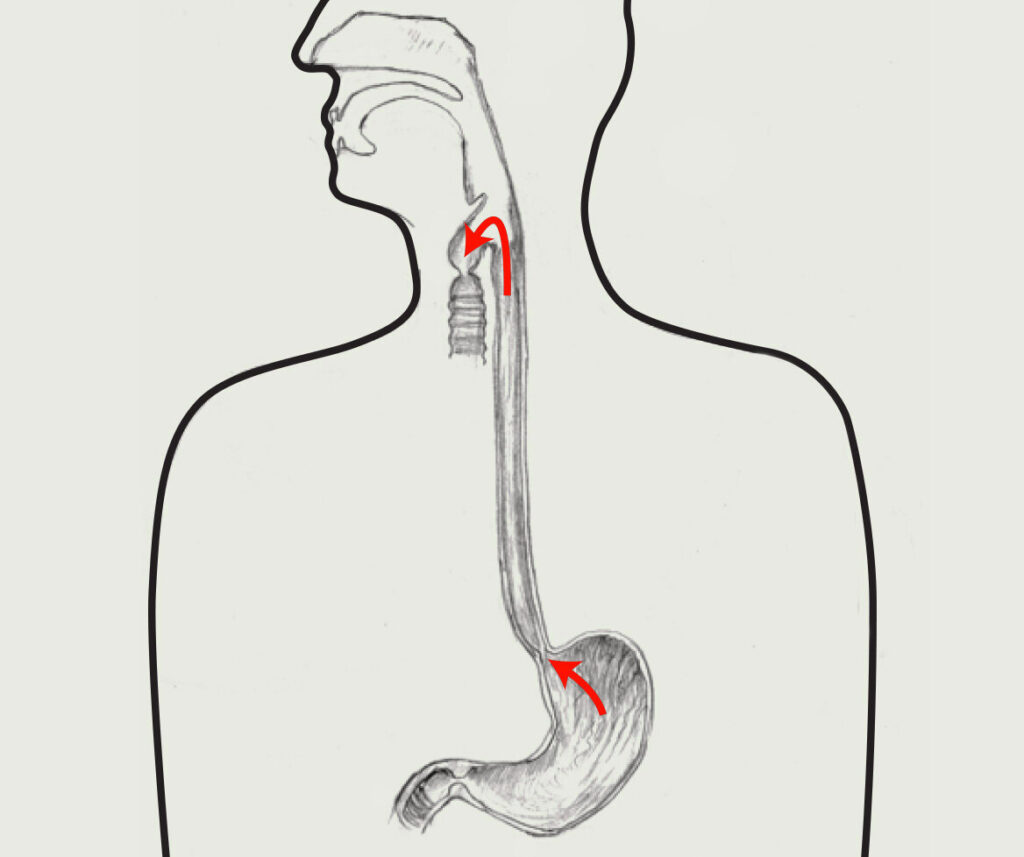Laryngopharyngeal reflux (LPR) is a condition that affects the throat and voice box, causing symptoms like sore throat, hoarseness, and chronic cough. While stomach acid is commonly associated with reflux issues, pepsin—a digestive enzyme—also plays a significant role in LPR. This article explores how pepsin contributes to LPR and discusses effective treatment strategies.
Understanding Pepsin and Its Function
Pepsin is a crucial enzyme produced in the stomach that aids in the digestion of proteins. It is secreted in an inactive form called pepsinogen, which is activated by the acidic environment of the stomach.
Activation and Role of Pepsin
Pepsinogen Activation: Pepsinogen is converted into active pepsin lpr when exposed to stomach acid. This enzyme then works to break down proteins into smaller peptides.
Digestive Function: Pepsin plays a vital role in digestion by ensuring proteins are properly broken down for nutrient absorption in the small intestine.
Pepsin’s Impact on Laryngopharyngeal Reflux (LPR)
In the context of LPR, pepsin contributes to symptoms and complications beyond the effects of stomach acid. Here’s how:
1. Pepsin’s Contribution to LPR Symptoms
Overview: Pepsin can exacerbate LPR symptoms by causing irritation and inflammation in the throat and larynx.
Mechanism:
- Reflux and Migration: During reflux episodes, pepsin can escape from the stomach and travel up the esophagus to the throat.
- Irritation: Once in the throat, pepsin continues to digest proteins, leading to inflammation and discomfort. This ongoing irritation can worsen symptoms such as sore throat, cough, and voice changes.
2. Pepsin’s Stability in a Neutral pH Environment
Overview: Pepsin’s stability in less acidic environments makes it particularly problematic for those with LPR.
Stability:
- Acid Resistance: Unlike stomach acid, pepsin remains active in neutral or mildly acidic environments. This means it can continue to irritate the throat even after the stomach acid has been neutralized.
- Prolonged Effects: The enzyme’s activity can extend the duration and severity of symptoms, as it remains functional and irritating longer than stomach acid.
Effective Treatments for Pepsin-Related LPR
Managing LPR involves addressing both pepsin and stomach acid to alleviate symptoms and improve quality of life. Here are some effective treatment strategies:
1. Lifestyle and Dietary Changes
Overview: Making adjustments to diet and lifestyle can help manage LPR symptoms, including those caused by pepsin.
Recommendations:
- Avoid Reflux Triggers: Limit intake of foods and beverages that exacerbate reflux, such as spicy foods, caffeine, and alcohol.
- Smaller, Frequent Meals: Eat smaller meals more frequently to reduce stomach pressure and prevent reflux.
2. Medical Treatments
Overview: Medications and therapies can help reduce the impact of pepsin and stomach acid on LPR symptoms.
Options:
- Proton Pump Inhibitors (PPIs): These drugs reduce stomach acid production, which can help decrease the amount of pepsin that reaches the throat.
- H2-Receptor Antagonists: These medications lower stomach acid levels, providing relief from reflux symptoms.
- Alginate-based Therapies: Alginate products form a protective barrier on top of stomach contents, reducing reflux and limiting pepsin’s exposure to the throat.
3. Protective Measures
Overview: Implementing protective measures can help soothe the throat and mitigate the effects of pepsin.
Strategies:
- Hydration: Drink plenty of water to help wash away pepsin from the throat.
- Gargling: Gargling with salt water or alkaline solutions may help neutralize pepsin and reduce throat irritation.
Conclusion
Pepsin plays a significant role in the discomfort associated with laryngopharyngeal reflux (LPR). Its ability to remain active outside the stomach and its contribution to throat irritation make it a key factor in LPR symptoms. By understanding the impact of pepsin and implementing strategies such as dietary changes, medical treatments, and protective measures, individuals can better manage their LPR symptoms. For tailored advice and treatment options, consulting a healthcare provider is essential to effectively address and alleviate symptoms.

